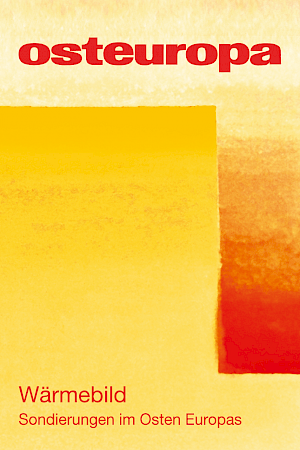Forces for reform
The Catholic churches and Perestroika
Deutsche Fassung
Abstract
The liberalisation of religious policy was one of the few successful reforms of the Perestroika years under Michael Gorbachev. It promoted social change, mobilised the faithful and enjoyed international support. The Roman Catholic Church in particular under John Paul II recognised the opportunities for opening and consolidated the reform dynamic. The Greek Catholic (uniate) Church, which had been suppressed for decades in the Soviet Union, also benefited from this. The influence on the realignment of relations between the state and the churches asserted by individuals such as the chairman of the Council for Religious Affairs, Konstantin Kharchev and Cardinal Agostino Casaroli, who were given responsibility for the operative implementation of the new policy towards religion, was far greater than has been assumed until now.
(Osteuropa 9-10/2017, pp. 175–190)



